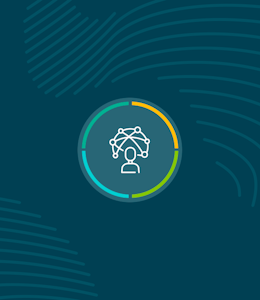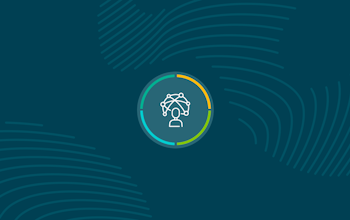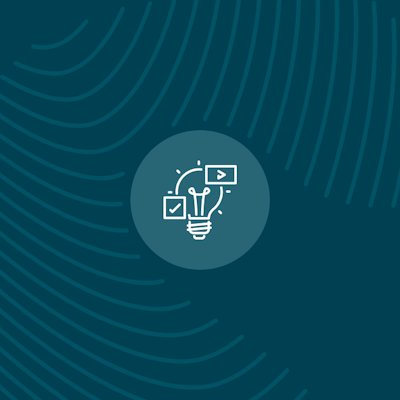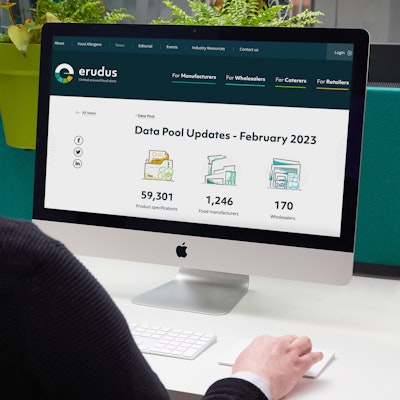Why the industry needs a Data Pool Part 2: Who does a centralised Data Pool benefit?
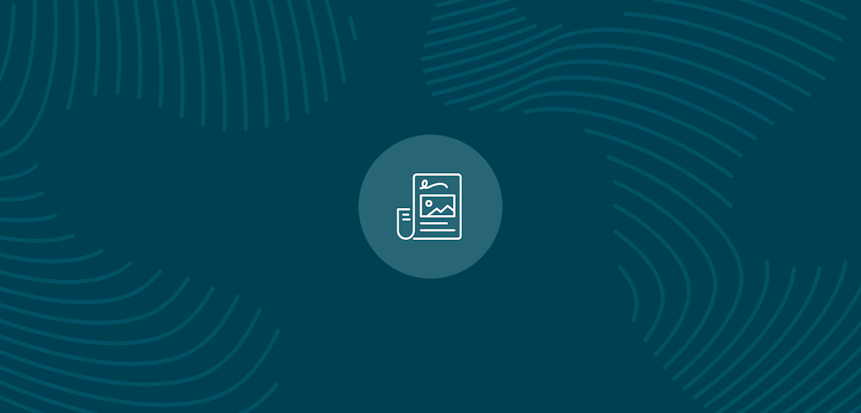
For some time now there’s been talk of the need for a single, centralised Data Pool used by the whole food industry. And with new legislation on the horizon, and changing business needs within the sector post COVID-19 those voices are getting louder. Here at Erudus not only do we agree with these calls, we believe that we are the solution.
This is our series of bitesize instalments explaining why that is true, and how a government-mandated single Data Pool could improve life for absolutely everyone.
In Part 1 we explored what exactly a Data Pool is, and looked at how Erudus is a Data Pool tailored precisely for the food industry. You can read it here.
This time we’re looking closer into who a food industry Data Pool would benefit and why.
So, who would a data pool benefit?
Everyone in the food industry would benefit from a centralised Data Pool - from ingredient Manufacturers to the end consumer, there's value to be unlocked for all.
You may also be interested in…


You may also be interested in…
Meet some exciting new Manufacturer additions to Erudus…
ReadManufacturer Benefits
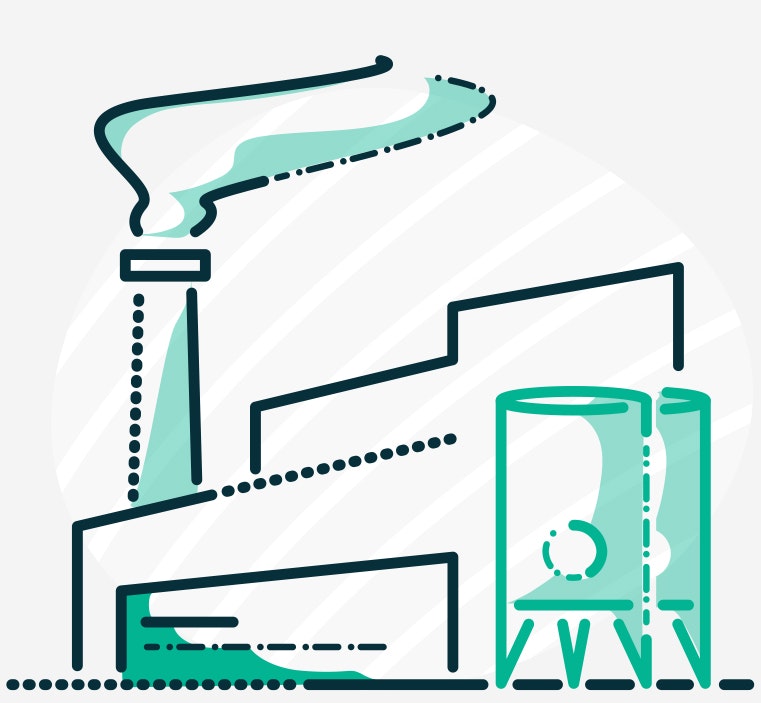
Manufacturers will save time and resources by only having to input their product data into one place, instead of having to relay to their customers individually, sometimes hundreds of times. They can also be reassured that the product data seen by their customers is the most up-to-date and accurate. Essentially, it allows the communication of critical information on a scale that would be difficult, expensive or even impossible for some businesses to achieve alone. A centralised Data Pool for the food industry also boosts the potential of frictionless trade for Manufacturers - removing the need for lengthy forms and other such admin, and making them easier to do business with.
Wholesaler Benefits
With FIC (Food Information to Consumers) and FIR (Food Information Regulations), it’s essential that Wholesalers are able to provide important allergen information to their Caterer customers before it reaches the Point of Sale. A centralised Data Pool can be used alongside a Wholesaler’s in-house solutions and not only ensures that data is fed instantly to many different platforms, with everyone taking the same (accurate) information from the same place, but allows Caterers to ‘self-serve’ themselves information and cuts down on incoming queries and requests. A good Data Pool will also negate the need for lengthy and time-consuming new line forms (link) by streamlining and regulating the data input process, meaning less resources are required to gather the data Wholesalers need.
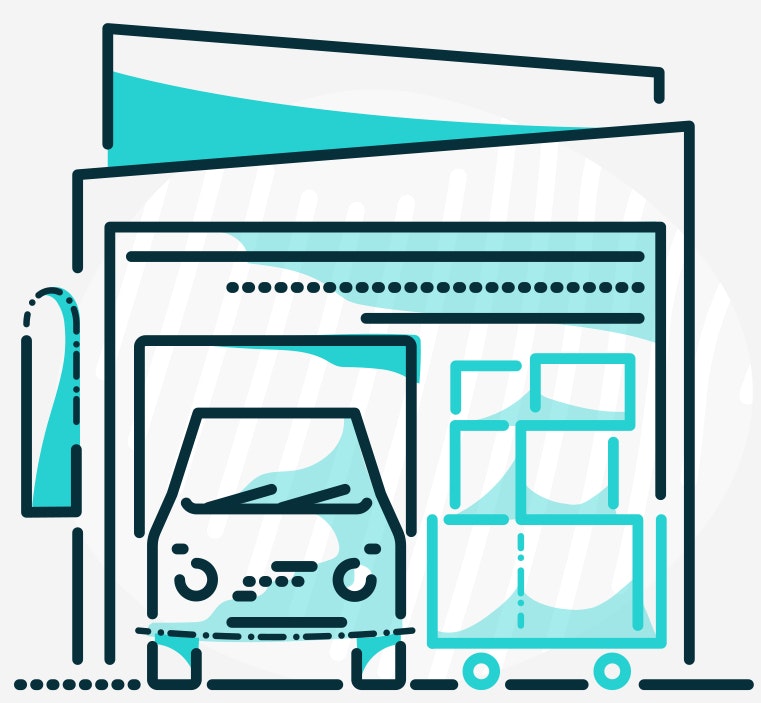
Caterer Benefits
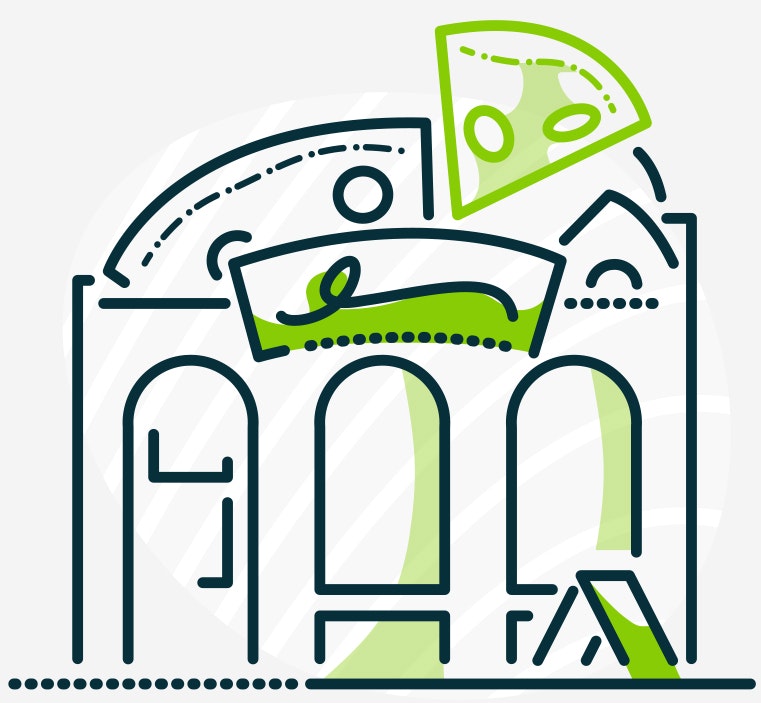
FIC (Food Information to Consumers) and FIR (Food Information Regulations) legislation make it essential that Caterers are in a position to provide information regarding the 14 major food allergens for the products they sell. And with Natasha’s Law now in play, it’s never been more critical for Caterers to have confidence in the ingredients they are using. A centralised Data Pool is the ideal tool to help them keep their customers safe, as it takes product information directly from the Manufacturer and makes it accessible to thousands of users using different platforms and across many channels, all at once.
By removing the need to relay information many times, data accuracy is substantially improved, and changes and updates to a product can be communicated without delay. The trust a Caterer can put in its recipes as a result of using a Data Pool can then be translated into business growth - there is a huge market of consumers with dietary restrictions and requirements - from allergies to veganism, and a Caterer knowing the allergen and nutritional content of every dish they serve will make their menu much more accessible and attractive to this market.
Consumer Benefits
Consumers will benefit directly from the reliability of the Data Pool’s product specifications, and the greatly reduced risk of misinformation. Not only can people with allergies have confidence that the food in front of them is safe for them to eat, but people with any dietary restriction will be able to see which dishes and products they can and can’t consume - instead of everything being labelled off limits as a safety precaution because the Caterer can’t be sure. People without dietary restrictions will benefit too - particularly in the public sector (such as school and hospitals), where increased ingredient knowledge will mean Caterers are more confident in labelling allergen-safe and vegan options, instead of resorting to one safe option for everyone that might not be as tasty or nutritionally balanced.
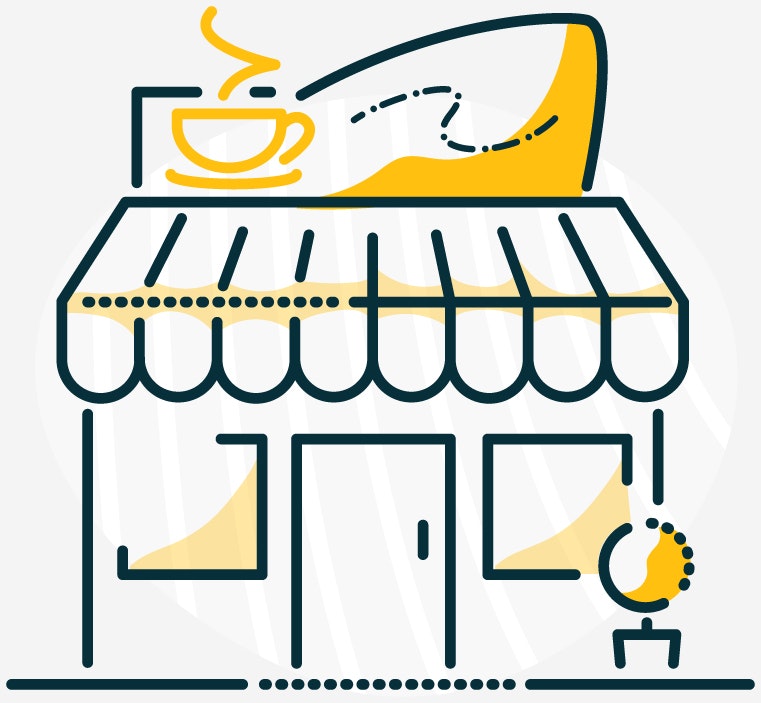
Got time to read our story covering everything from Parts 1, 2 and more? Our in-depth look into why the food industry needs a Data Pool here.
You may also be interested in…
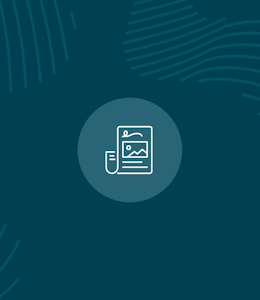
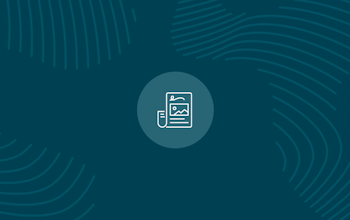
You may also be interested in…
